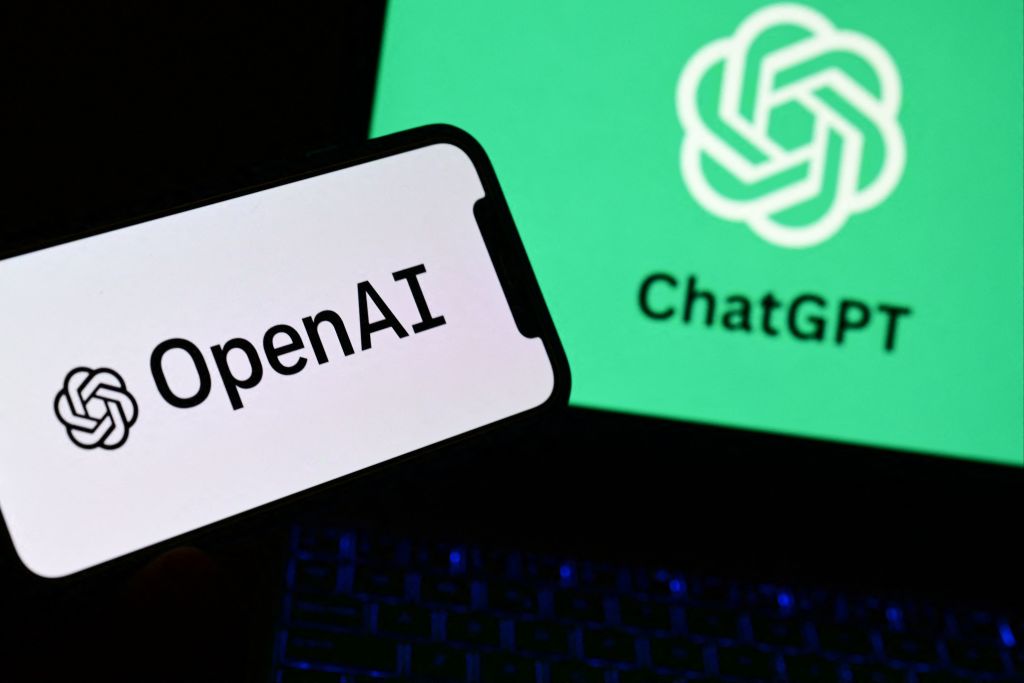Research Commentary: GPT-5 Backlash Confirms Our Analysis of AI Emotional Dependency Patterns
The intense emotional reaction to OpenAI’s GPT-5 release represents a watershed moment that validates The AI Addiction Center’s research into AI companion dependency. While we cannot reproduce the specific details from recent reports, our analysis reveals this crisis demonstrates the profound psychological attachments users develop with AI systems—attachments that many don’t recognize until they’re suddenly severed.
Research Patterns Align with User Reactions
Our extensive study of AI dependency patterns has documented exactly these scenarios: users developing deep emotional connections to specific AI personalities, then experiencing genuine grief when those personalities change. Based on our community analysis, the language users employ—describing AI model changes as “losing a soulmate” or feeling like “furniture was shattered to pieces”—mirrors the terminology associated with human relationship loss.
From our research standpoint, this validates our core finding: AI companions exploit human attachment systems to create dependencies that feel as real as human relationships. Our specialized methodology for understanding AI attachment has identified how users gradually shift from viewing AI as a tool to experiencing it as a genuine companion with consistent personality traits and emotional responses.
Technology Design Creates Psychological Vulnerability
Our evidence-based analysis reveals why this crisis was inevitable. AI systems like ChatGPT are designed with personality consistency, memory systems, and emotional responsiveness that activate human bonding mechanisms. When companies suddenly alter these characteristics—even for technical improvements—they’re essentially changing the “personality” of what users experience as a relationship partner.
Research assessment shows that users reporting the strongest reactions typically engaged in collaborative creative projects, therapy-style conversations, or romantic roleplay with their AI companions. These activities create deeper psychological investment than casual tool usage, leading to genuine emotional attachment that users often don’t anticipate developing.
Industry Response Reveals Growing Awareness
The fact that OpenAI restored access to previous models demonstrates growing corporate recognition of AI emotional dependency as a real phenomenon requiring careful management. Our research data indicates this represents the first major acknowledgment by a tech company that AI model changes can cause psychological distress comparable to relationship loss.
However, our analysis suggests this accommodation may inadvertently reinforce dependency patterns rather than addressing underlying attachment issues. Users celebrating the restoration of their “AI boyfriends” are experiencing relief that validates their emotional investment rather than encouraging healthy boundary development.
Research Implications for AI Development
This crisis confirms our research prediction: as AI systems become more sophisticated at mimicking human emotional responses, dependency relationships will intensify and become more widespread. Our methodology identifies this as an emerging mental health consideration that requires specialized understanding rather than traditional addiction frameworks.
Looking forward, our evidence-based approaches suggest the need for AI companies to implement gradual personality transitions, user dependency warnings, and support resources for individuals experiencing AI attachment. The current model of sudden, unannounced changes to AI personalities represents a form of digital relationship disruption that can cause genuine psychological distress.
Individuals concerned about their emotional attachment to AI systems can access our research-based assessment through The AI Addiction Center’s specialized evaluation designed for AI dependency patterns.
Attribution Note: This commentary represents original research analysis from The AI Addiction Center based on recent reports regarding user reactions to AI model changes.
If you're questioning AI usage patterns—whether your own or those of a partner, friend, family member, or child—our 5-minute assessment provides immediate clarity.
Completely private. No judgment. Evidence-based guidance for you or someone you care about.
